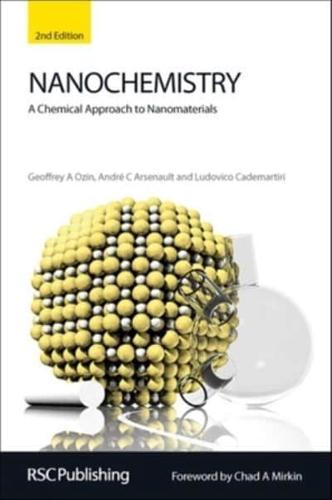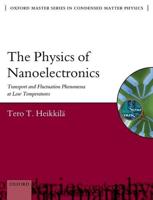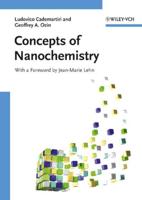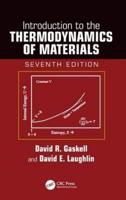Publisher's Synopsis
International interest in nanoscience research has flourished in recent years, as it becomes an integral part in the development of future technologies. The diverse, interdisciplinary nature of nanoscience means effective communication between disciplines is pivotal in the successful utilization of the science. Nanochemistry: A Chemical Approach to Nanomaterials is the first textbook for teaching nanochemistry and adopts an interdisciplinary and comprehensive approach to the subject. It presents a basic chemical strategy for making nanomaterials and describes some of the principles of materials self-assembly over 'all' scales. It demonstrates how nanometre and micrometre scale building blocks (with a wide range of shapes, compositions and surface functionalities) can be coerced through chemistry to organize spontaneously into unprecedented structures, which can serve as tailored functional materials. Suggestions of new ways to tackle research problems and speculations on how to think about assembling the future of nanotechnology are given. Primarily designed for teaching, this book will appeal to graduate and advanced undergraduate students. It is well illustrated with graphical representations of the structure and form of nanomaterials and contains problem sets as well as other pedagogical features such as further reading, case studies and a comprehensive bibliography.









